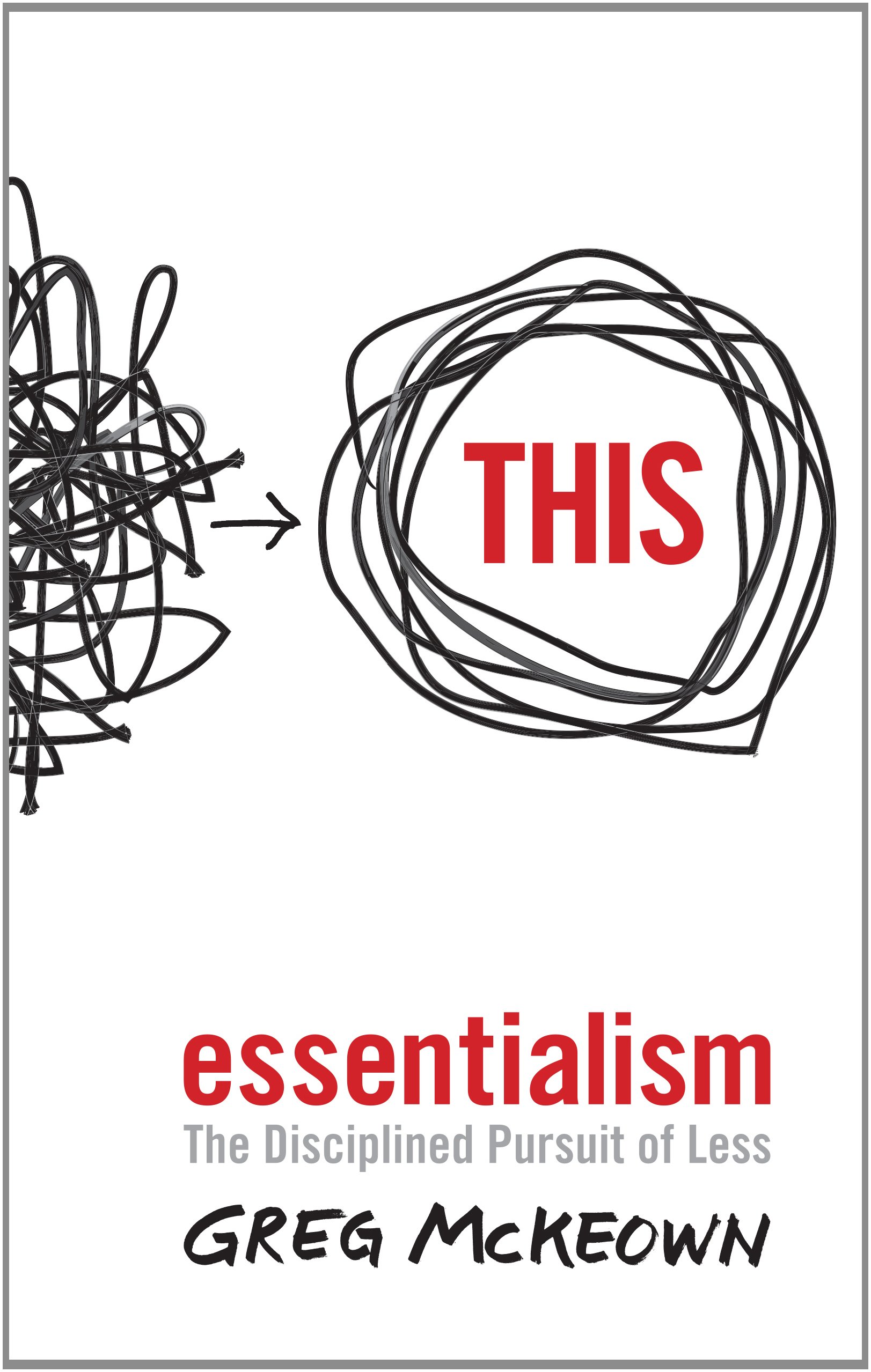Essentialism – The Idea that you can have it all
I’m sharing some parts from the book Essentialism which I found very helpful:
The idea that we can have it all and do it all is not new. This myth has been peddled for so long, I believe virtually everyone alive today is infected with it. It is sold in advertising. It is championed in corporations. It is embedded in job descriptions that provide huge lists of required skills and experience as standard. It is embedded in university applications that require dozens of extracurricular activities.
What is new is how especially damaging this myth is today, in a time when choice and expectations have increased exponentially. It results in stressed people trying to cram yet more activities into their already overscheduled lives. It creates corporate environments that talk about work/life balance but still expect their employees to be on their smart phones 24/7/365. It leads to staff meetings where as many as ten “top priorities” are discussed with no sense of irony at all.
The word priority came into the English language in the 1400s. It was singular. It meant the very first or prior thing. It stayed singular for the next five hundred years. Only in the 1900s did we pluralize the term and start talking about priorities. Illogically, we reasoned that by changing the word we could bend reality. Somehow we would now be able to have multiple “first” things. People and companies routinely try to do just that. One leader told me of his experience in a company that talked of “Pri-1, Pri-2, Pri-3, Pri-4, and Pri-5.” This gave the impression of many things being the priority but actually meant nothing was.
But when we try to do it all and have it all, we find ourselves making trade-offs at the margins that we would never take on as our intentional strategy. When we don’t purposefully and deliberately choose where to focus our energies and time, other people—our bosses, our colleagues, our clients, and even our families—will choose for us, and before long we’ll have lost sight of everything that is meaningful and important. We can either make our choices deliberately or allow other people’s agendas to control our lives.
Once an Australian nurse named Bronnie Ware, who cared for people in the last twelve weeks of their lives, recorded their most often discussed regrets. At the top of the list: “I wish I’d had the courage to live a life true to myself, not the life others expected of me.”
This requires, not just haphazardly saying no, but purposefully, deliberately, and strategically eliminating the nonessentials, and not just getting rid of the obvious time wasters, but cutting out some really good opportunities as well. Instead of reacting to the social pressures pulling you to go in a million directions, you will learn a way to reduce, simplify, and focus on what is absolutely essential by eliminating everything else.
